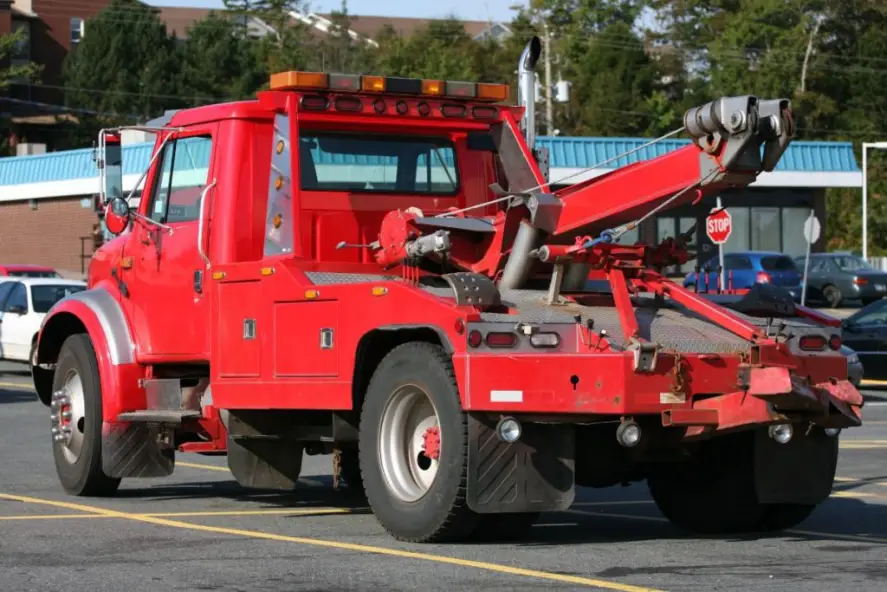The Texas Department of Licensing & Regulation (TDLR) requires that the state of Texas license all tow truck operators. As a result, TDLR, along with the Towing, Storage, and Booting Advisory Board, receives and investigates all complaints concerning tow truck operators who have allegedly violated the rules and laws they must follow. Unfortunately, these rules and laws can be complicated, and the loss of your tow truck operator license can make you unable to earn a living. As a result, you may need to contact a Texas tow truck operator license defense lawyer for assistance if you receive notice of a complaint against your license.
Tow Truck Operator Licenses in Texas
TDLR issues licenses for three different types of towing operators in Texas:
- Incident management towing operators
- Private property towing operators
- Consent towing operators
These licenses permit their holders to perform different functions involving towing operations. All towing operators are subject to various laws and rules that govern the procedures that they must follow to tow vehicles, when they can tow vehicles, and what fees they can charge for towing vehicles.
How TDLR Handles Complaints Against Tow Truck Operators
When TDLR receives a complaint against a tow truck operator, its staff initially will determine whether TDLR has jurisdiction over the subject of the complaint. If so, TDLR will open a formal complaint to investigate whether there is sufficient evidence to find a violation of a rule or law that applies to tow truck operators. TDLR also will notify the tow truck operator of the complaint’s substance.
If TDLR finds insufficient evidence to support a violation, it can dismiss the complaint and close the case. However, if TDLR finds sufficient evidence of a violation, it can pursue disciplinary action against the license of a tow truck operator.
TDLR typically attempts to resolve the complaint through an informal hearing to reach an agreement with the tow truck operator. That agreement may require the tow truck operator to pay a fine or do certain things to cure the violation.
If the parties cannot agree, the case goes to the State Office of Administrative Hearings (SOAH). SOAH then assigns an administrative law judge (ALJ) to the case and schedules a contested administrative hearing. After the hearing, the ALJ will issue a proposed decision to TDLR for review. TDLR can approve, reject, or modify the proposed decision of the ALJ and issue formal disciplinary action against the tow truck operator.
Violations of Laws and Rules that Apply to Tow Truck Operators
Texas law divides violations into Classes A through D based on the severity of the violation. Class A violations are the least serious violations, and Class D violations are the most serious violations.
Class A violations include posting and public information violations, administrative violations, some towing violations, insurance violations, parking facility violations, one notice violation, minor tow fee schedule, safety, and ticket violations. Class B violations include practicing without a proper license or permit, tow ticket violations, improper tow violations, alcohol and drug testing violations, protective clothing violations, fee violations, and owner notice violations.
Class C and D violations are more serious violations that warrant more severe penalties. Class C violations include administrative and records violations, unlicensed activity, fee violations, and tow safety violations. Class D violations include improper tow, insurance, and integrity violations.
Click to contact our professional license defense lawyers today
Potential Penalties for Tow Truck Operators
Tex. Occ. Code § 2308.501 permits TDLR to assess administrative penalties, or monetary fines, on licensed individuals who violate applicable rules and laws. These individual licenses have the right to a hearing before assessing any penalties. Under Tex. Occ. Code § 2308.502, TDLR also can issue cease and desist orders if necessary to prevent further violations and protect public health and safety. TDLR also can seek injunctions or civil penalties, as well as impose sanctions. Individuals who violate certain rules also may be subject to criminal penalties, although TDLR is not responsible for assessing criminal penalties against licensees.
Tow truck operators are subject to various penalties for violations of the rules and laws governing their occupation. As previously noted, Texas law divides violations into Classes A through D, which carry increasingly severe penalties, as follows:
- Class A – $200 – $800 fine
- Class B – $500 – $1,500 fine and/or 6-month probated suspension up to 6-month full suspension
- Class C – $1,000 – $4,000 fine and/or 1-year probated suspension up to 1-year full suspension
- Class D – $2,000 – $5,000 fine and/or 1-year full suspension up to revocation
TDLR considers various factors in determining what penalty from the range of potential penalties to apply in a particular case. These factors include:
- The severity or seriousness of the violation.
- Whether the violation was willful or intentional.
- Whether the Respondent acted in good faith to avoid, mitigate, or correct the violation after it became apparent.
- Whether the Respondent has engaged in similar violations in the past.
- The level of penalty or sanction necessary to deter future violations.
- Any other matter that justice may require.
Complete a Case Evaluation form now
Get Help Defending Your Tow Truck Operator License Today
A complaint can significantly affect your career and your ability to support yourself. Disciplinary action against you may result in the suspension or revocation of your license. However, you may avoid these damaging consequences with the right type of defense from the outset of your case. Contact the experienced tow truck operator license defense attorneys at Bertolino LLP, so that we can begin investigating your case. You can call our office at (512) 515-9518 or visit us online to get more information about the services we can offer you.
Call or text (512) 476-5757 or complete a Case Evaluation form




